One thing students realize when they begin their readings for my class, is the lack of anything resembling unified agreement, among academics, on what religion is.
Firstly, if you’re looking for agreement among academics, you’re looking in the wrong place.
But in a more analytical vein, every attempt at a common denominator is defeated by a counter example. Even the belief in God, which isn’t embraced in the context of Buddhism, is frustrated. In short, we are hard-pressed to find one feature common to all religions of the world. So, rather than one solitary feature, scholars have taken to describing a collection of characteristics – things like community, beliefs and stories –
that are inevitably found, in some combination or another, in the world’s many religions.
One student expressed concern over the problem of interpreting those stories that are part and parcel of the world’s religions. In a disdainful tone, he alluded to the violence that is easily justified by a relativistic interpretation of religious writings.
A common and seemingly justifiable concern, considering the state of the world today.
Nonetheless, I find it lamentable because it stems from a massive misunderstanding of what the whole point of religion is and has always been. Arguing about scripture reduces it to nothing but philosophy—a discipline which is deep, difficult and meaningless, all at the same time. Joking aside, it’s not exactly meaningless, if we understand that its value lies, not in finding answers, but in the very act of asking questions. That is, meaning emerges when we stop misunderstanding its purpose.
Likewise, in the domain of religion, we get hopelessly caught up in the supposed contradictory nature of certain passages, especially where violence is implied. This is common in the context of the Jewish and Christian bibles, and in that of the Koran. But what if we were to consider the very purpose of these holy books differently? What if we were to assume its purpose lay in encouraging us to look upon our own violent ways?
Thus, rather than assume a breach between our virtues and those in the holy stories, we might consider the purpose of those stories. And more pertinently, we might let go of the assumption that these stories contain explicit instructions. In that way, the bible may become purposeful.
But perhaps the most profound problem lies in a different kind of chasm. There is an immense difference between the spiritual state of the reader and the nature of the divine. A holy book is of a different nature than a science book or a philosophy book or a car manual. Dare I say bluntly that its arcane nature will be missed by an unenlightened mind? Its higher truths will not be revealed to eyes that don’t yet see, to a mind that is not ready.
Or even more to the point, to a mind that pushes an agenda.
Anyone can misuse anything when guided by greed, selfishness, lust for power, and vengeance. A person whose mind is clouded by odiousness has eyes that are blind. He will misinterpret, misconstrue and misuse. He’ll abuse the land, other people, scripture, and everything he touches. Put that person in a position of power and watch the world crumble.
Which brings me around to the closure of the circle and to my final point, that of looking to the academics for a definition of something that does not lend itself to definition.
Just as looking for answers misses the point of philosophy—which values itself on the questions it asks, looking for definitions misses the point of religion—which treasures only experience as a means to truth.
No matter the religion, its purpose is to bring the practitioner to an experience of his or her own wholeness. When this underlying essence and purpose goes missing, it quickly and inevitably dissolves into empty rituals. How could it be anything else in the absence of an awakened consciousness? Even the meaning of the word religion betrays its supreme spiritual purpose—to remember your spiritual identity. But without clarity all we have is confusion, without heartfelt practice all we have is mechanized ceremony and without open eyes all that is left is the blind leading the blind.


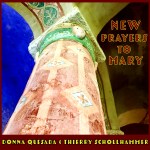

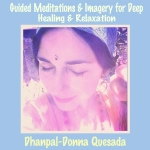
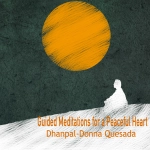
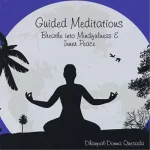
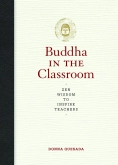


Thanks for sharing the light to clarify common misconceptions of religion. Are you suggesting we sidestep religious study/theory and focus more on practice instead?
Hi Vishnu,
I can’t say what someone should do. It depends on what their purpose is. There will always be the theologians and the philosophers. And for many, that’s where the interest lies. And besides, it’s where they are in their life-stage. We are all at some point along our respective journeys. If your purpose is self-realization, then I wouldn’t spend too much time on philosophy.
Mature clarity. Excellent article. Kind Regards, dn